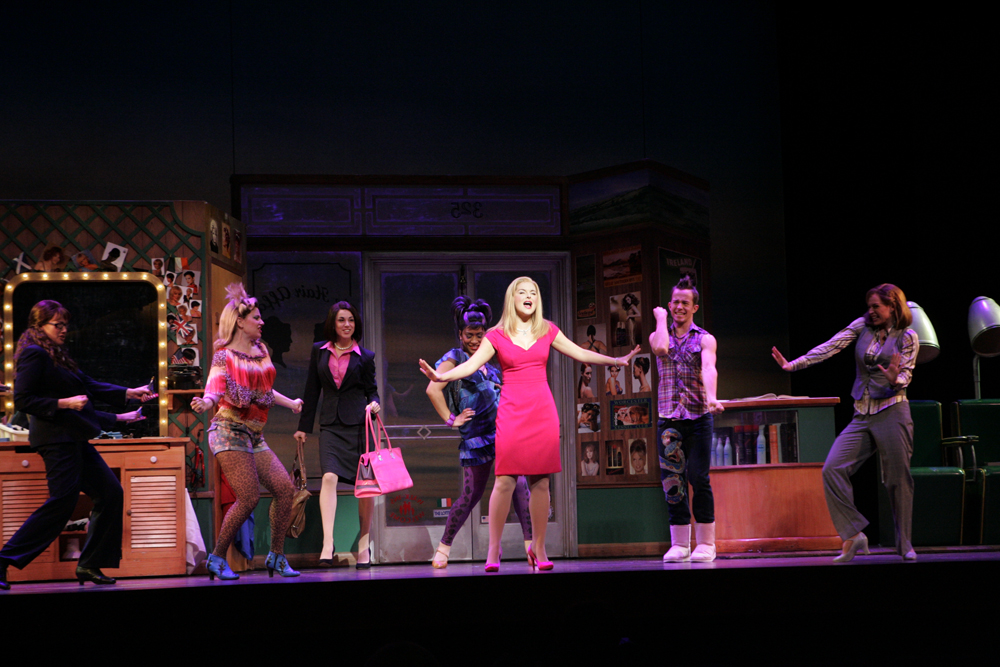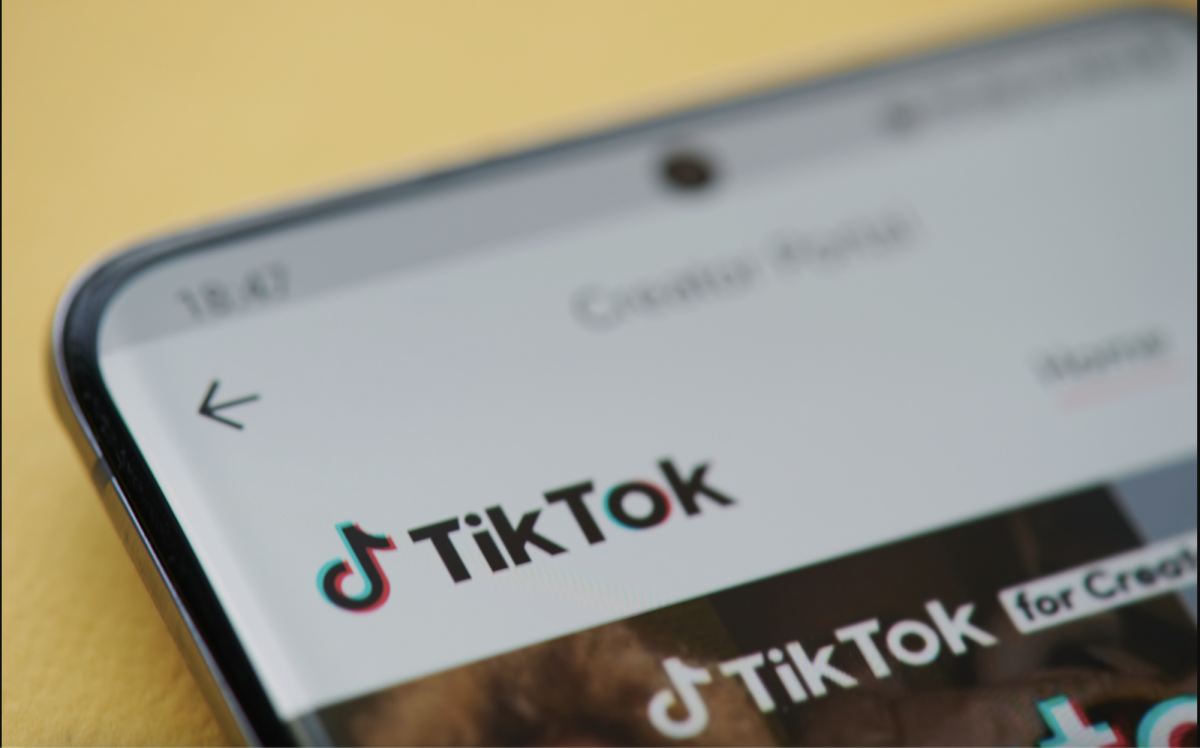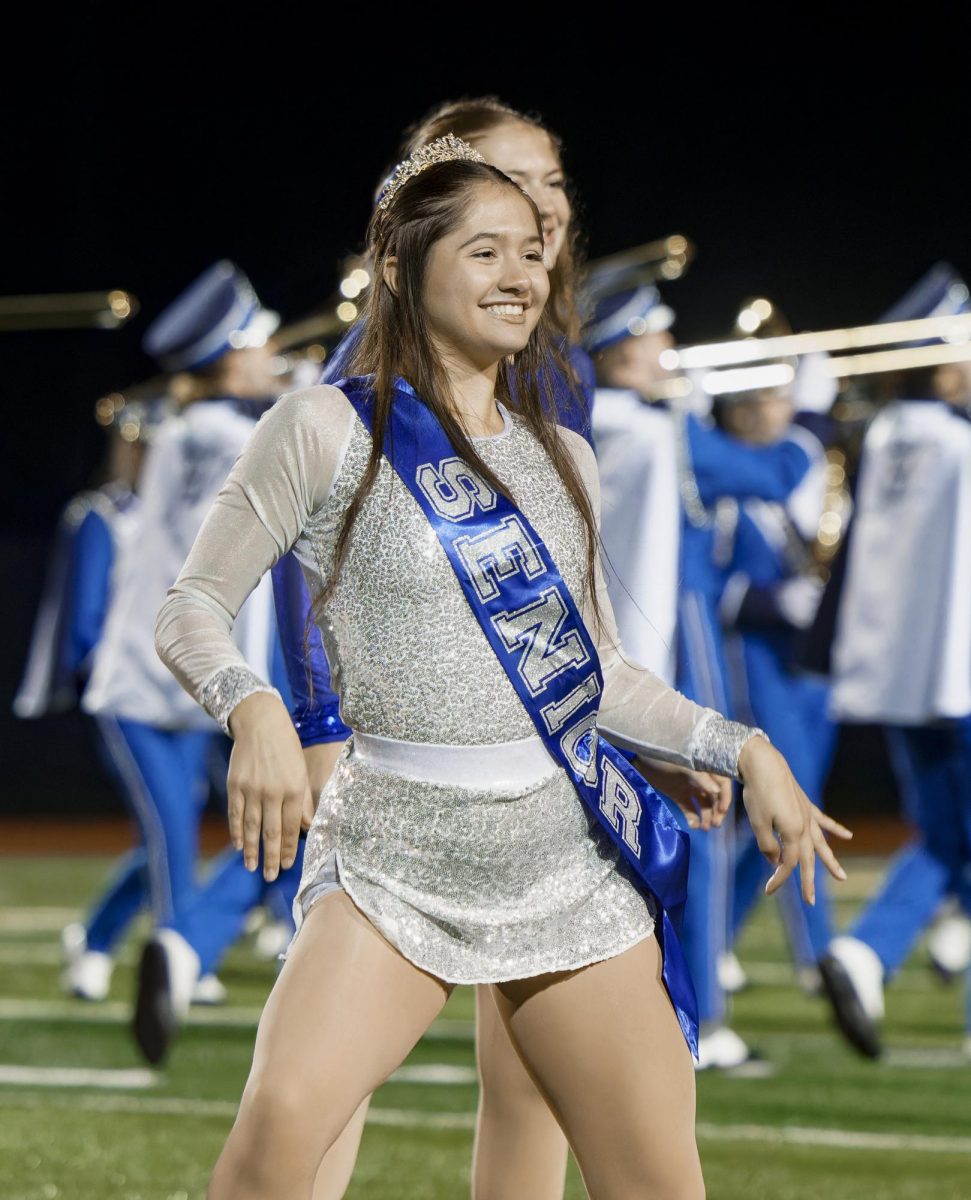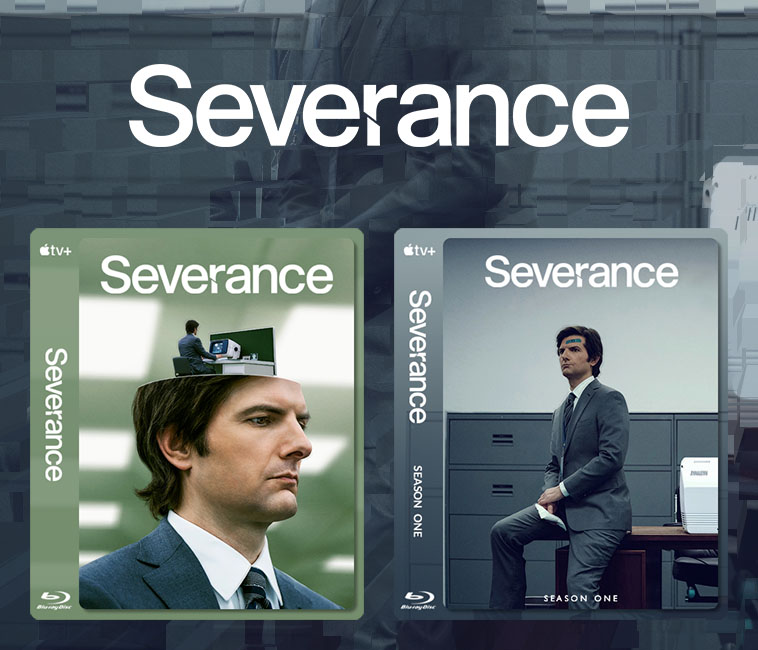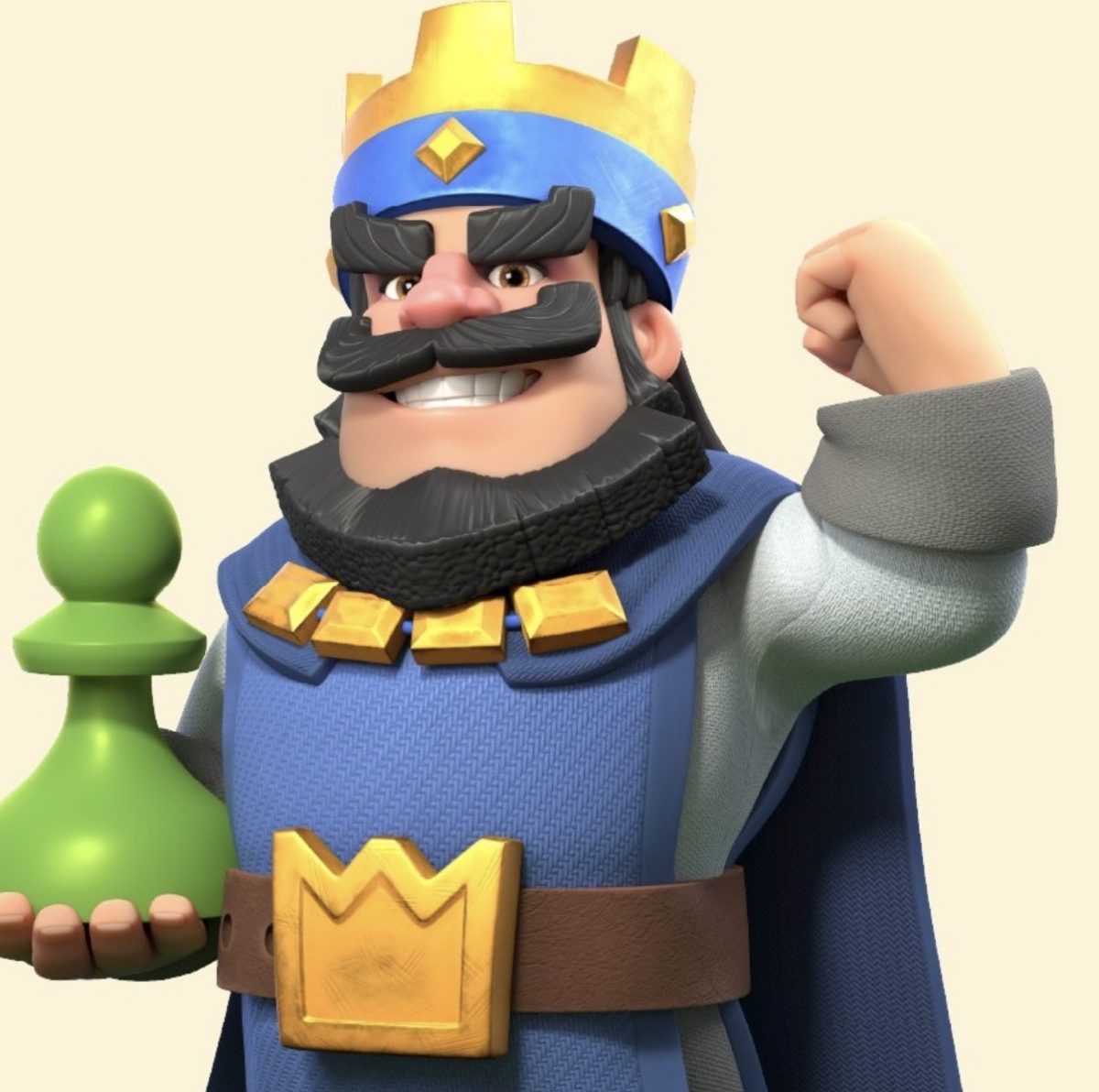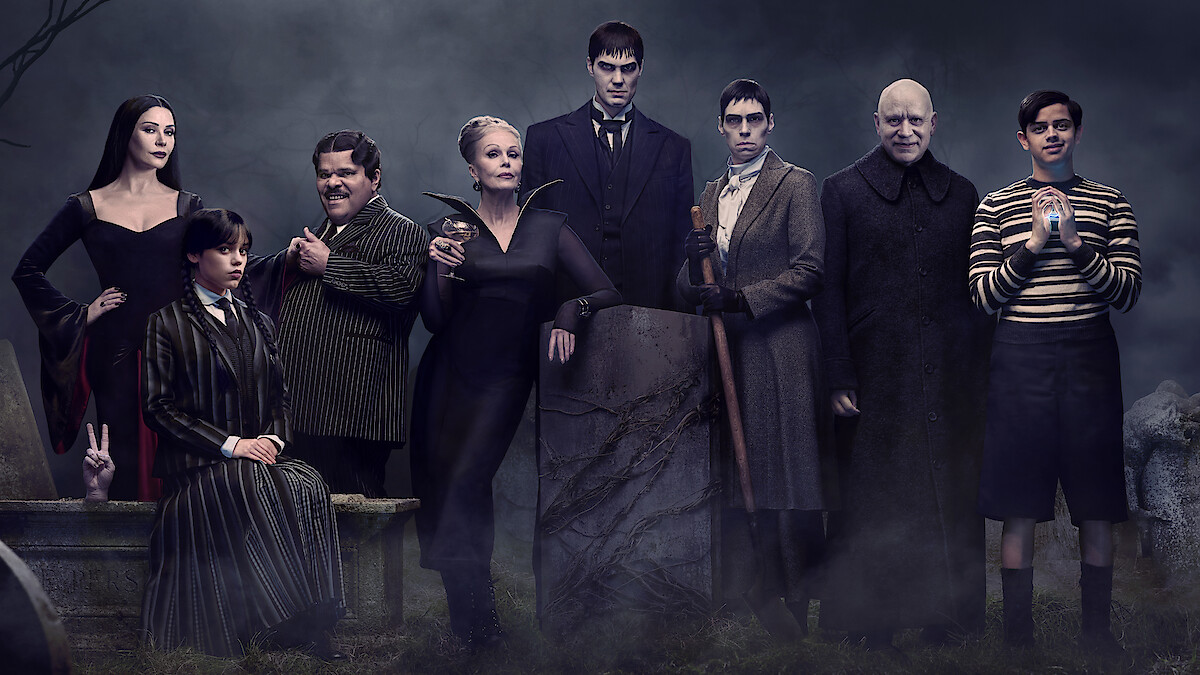If you spend any time on TikTok, you’ve probably noticed the trend of everyone acting like the main character of their own movie. In the article “The Mundane Thrill of Romanticizing Your Life,” Christina Caron writes about just that: “The main character meme spawned numerous parodies poking fun at movie clichés and narcissism. It’s a fun way to bring to light some of the cringey things people romanticize.” From soft-girl morning routines to dramatic sad-girl edits, people are curating their lives like a highlight reel.
At first glance, it seems fun, exciting and empowering. But constantly living for the camera often takes away real authenticity. The more life becomes content, the less it feels like your own.
One of the biggest problems with this “main character energy” is performing instead of living. TikTok encourages people to stage every single moment—whether it’s a morning coffee, a walk in the park or even just studying. Instead of actually enjoying these moments, creators focus on angles, filters, captions and aesthetics. Life stops being about the experience and becomes about what looks good on the screen.
What should feel natural, spontaneous or meaningful gets reshaped to fit trends—or to make viewers stop scrolling. Even simple experiences, like having lunch with friends or hanging out at home, are often acted out for the camera rather than genuinely lived. In “How the Romanticize Your Life TikTok Trend Is a Gen Z Rejection of Postmodernism,” author Evita Duffey discusses this idea. She writes, “Inviting users to start thinking of themselves as the main character leaves the impression that users are pretending to have meaning in their life—that the trend is simply a coping mechanism.”
Another issue is validation over meaning. TikTok rewards content that grabs attention, not content that is real or reflective. People start caring more about likes, views and comments than their actual feelings or experiences. Even when a post is supposed to show “real life,” the knowledge that it’s being judged changes the purpose. Self-expression turns into performance, and self-worth starts depending on external approval.
Teens can spend hours editing a short clip to fit an aesthetic or to match a trending audio—all for the potential of going viral. The result? Life becomes more about what gets attention and less about what actually matters to you.
Finally, main character energy often replaces individuality with trends. Popular aesthetics like “clean girl,” “sad girl” or “coquette” are everywhere, and people copy them to fit in or try to go viral. Instead of showing who they truly are, creators end up following the same templates, which ironically makes them less unique. Even users who think they are expressing their personality may unconsciously shape themselves to fit algorithm-approved versions of “interesting” or “relatable.” The more someone tries to stand out as the main character, the more likely they are to blend into a sea of similar posts.
Some might argue that main character energy is actually good. It can make people notice the small joys in life, help them cope with stress, feel empowered or connect with like-minded individuals online. That can be true, but only if the focus is internal—rooted in self-awareness and personal meaning. On TikTok, however, trends, likes and views often shape behavior, turning “authenticity” into performance. Confidence becomes tied to external validation, individuality is compressed into templates, and control over your story is influenced more by the algorithm than by the creator.
In the end, thinking of yourself as the main character can be fun and motivating—but on TikTok, it often turns life into a show. Real life isn’t perfect, filtered or staged—and that’s what makes it authentic. Learning the difference between performing for an audience and truly living your own story is key to keeping your identity real in a world that constantly wants you to act like you’re in a viral movie.
Being the protagonist of your own life doesn’t have to mean curating it for likes. It can mean embracing your flaws, small victories and everyday momentum—whether or not anyone else is watching. That’s the real main character energy.

